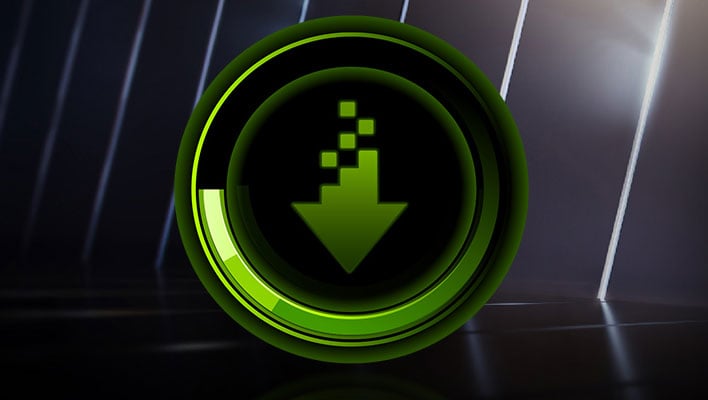A GeForce GPU Driver Bug Is Causing Major CPU Spikes On Gaming PCs

Gamers started noticing an issue following last week's update to the v531.18 driver. After playing a game or simply logging into Windows, a component of the Nvidia software suite called nvcontainer.exe begins consuming about 10% of the system's CPU. You can kill the process to get CPU usage back where it's supposed to be, but the service will start up again if you open the GeForce Experience software or launch a game. If you're not paying attention to your CPU usage, affected systems appear to lag and heat up for no reason. Some players also report more game and system crashes following the update.

NVIDIA's official feedback thread for the new driver lists a myriad of known issues, including "Higher CPU usage from NVIDIA Container might be observed after exiting a game." So, NVIDIA knew this could be an issue, but it continues to offer the update anyway. There are other open bugs, but none of them are severe enough to bog down an entire system. At least the company is aware, which implies a fix is in the works.
In the meantime, you can take matters into your own hands. If you have not updated to driver version 531.18, you can simply hold off and remain on the old version for now. You'll lose out on optimizations for DLSS3 in Atomic Heart and a few other new games, as well as super-resolution video in Edge and Chrome, but the CPU spikes probably aren't worth it. If you already upgraded, you can roll back the driver to the previous version and wait for a fix, which will likely arrive in the next driver release.

